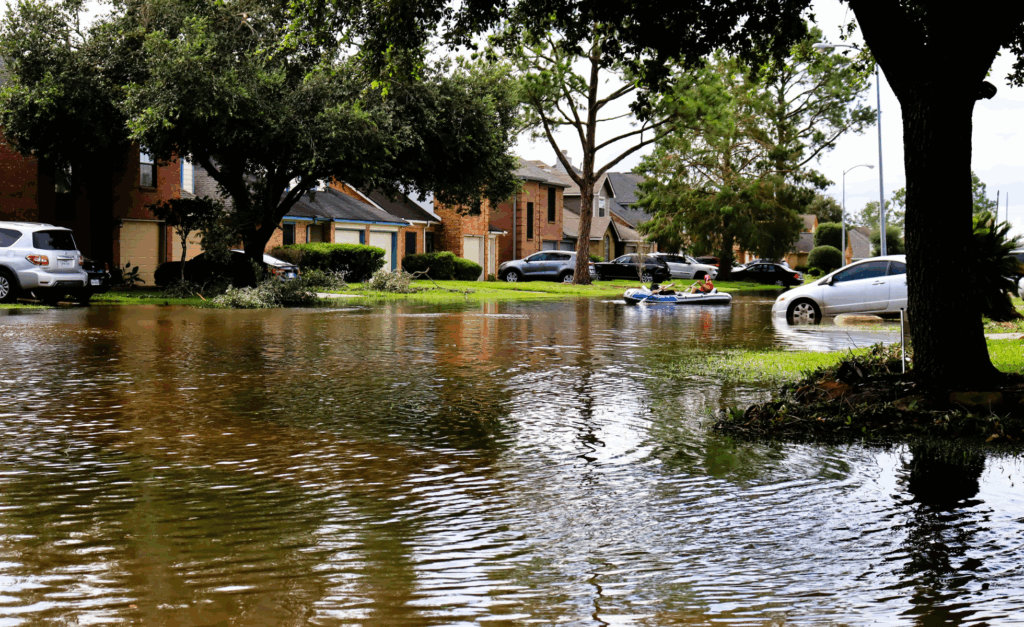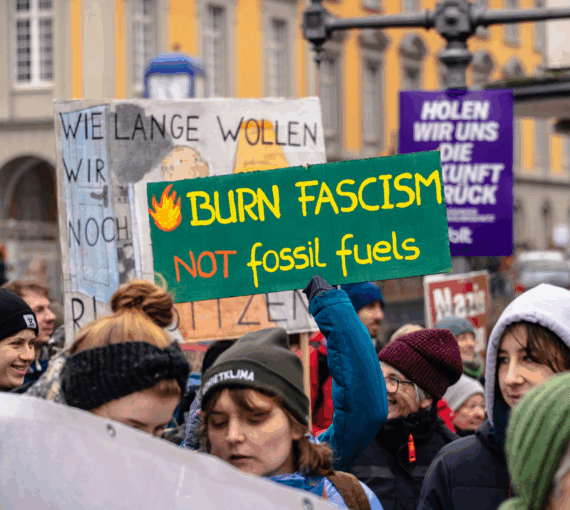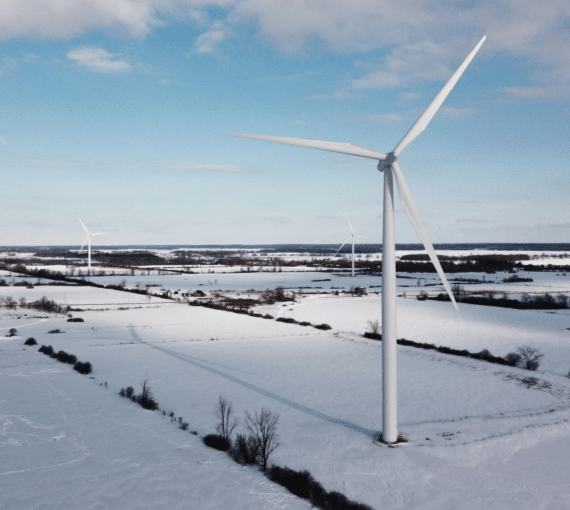
Flooding in Texas, July 2025. Because we’ve failed to adequately address the crisis, we’ll have to adapt to rapid increases in the global heating impacts we’re already experiencing: extreme weather events, floods, droughts, wildfires, crop failures, mass human migration, sea level rise, water shortages and species extinctions. (Photo: 2C2K Photography via Flickr)
I’ve been getting flak — and praise — for comments I made in an iPolitics interview. I mentioned the first international climate conference in 1988 and said, “If the world had followed the conclusions from that conference, we would not have the problem we face today and we would have saved trillions of dollars and millions of lives.” And then I said, “Now, it’s too late.”
I make no apologies for that, but I should clarify: I don’t think we should give up hope. We never know what surprises nature has in store, and we’re in uncharted territory with no history to guide us. And although we aren’t going to halt global heating, we have solutions to slow and ultimately cap it. We must also find ways to adapt to a changing climate of more extreme and less predictable weather.
We’ve known about the causes, consequences and solutions to global heating for decades, if not centuries.
But, as I noted, we’ve already surpassed seven of nine planetary boundaries that define the constraints under which human and other life exists. These relate to climate change, novel entities, stratospheric ozone depletion (the only one somewhat resolved, thanks to an international agreement), atmospheric aerosol loading (the only other boundary yet to be transgressed), ocean acidification, modification of biogeochemical flows, freshwater change, land system change and biosphere integrity.
As I told iPolitics, “If we pass one boundary, we should be shitting our pants. We’ve passed seven!”
We’ve known about the causes, consequences and solutions to global heating for decades, if not centuries. We know keeping the planet from heating to catastrophic levels means rapidly shifting from fossil fuels to renewable energy, among other measures.
But in Canada, industry and governments are pushing fossil fuel expansion, more pipelines and new coal mines — actions UN secretary general António Guterres has called “moral and economic madness.” The United States government has overturned most climate policy, removed incentives for clean energy and is ramping up support and subsidies for gas, oil and coal. The fossil fuel industry continues to lie about the impacts of its products, greenwash its actions and buy politicians.
It’s still possible to move off this destructive path, but not if we continue to elevate human-invented economic systems and politics above the foundation of our existence, which is nature: clean air, safe water, rich soil, toxic-free food and sunlight.
As the planet hurtles toward and past tipping points that make our wellbeing and survival increasingly precarious, most people go about their lives as if everything is normal and we have all the time in the world.
We’ve had 28 COP climate summits since 1995 and haven’t even been able to cap emissions. Representatives from the world’s countries agreed that if global average temperature rises more than 1.5 C over pre-industrial levels, we’re in trouble. We passed that last year and are headed for at least 3 C by the end of the century. This could make the planet uninhabitable, or at least inhospitable, for humans.
It’s still possible to move off this destructive path, but not if we continue to elevate human-invented economic systems and politics above the foundation of our existence, which is nature: clean air, safe water, rich soil, toxic-free food and sunlight. Because we’ve failed to adequately address the crisis, we’ll have to adapt to rapid increases in the global heating impacts we’re already experiencing: extreme weather events, floods, droughts, wildfires, crop failures, mass human migration, sea level rise, water shortages and species extinctions.
It’s tough to have hope when faced with a powerful industry that lies to promote its deadly products, politicians who dismiss climate science and news media that downplay or ignore the crisis. We’ve failed to shift the narrative and we’re still caught up in the same legal, economic and political systems that got us into this mess.
But solutions are here. We just need to shift our priorities, hunker down and actualize them.
Although industry, politicians and the news media share much of the blame, they’re ostensibly there to serve our needs. But public apathy helps them get away with ignoring or rejecting the evidence that experts from around the world, in almost every field, have amassed over many decades.
If we listened to scientists in the 1980s, when climate change was top of mind, we would have saved money and lives, and we’d have cleaner air, water and land. It may be too late for gradual change, and it’s certainly too late to prevent the world from continuing to heat up, as we’re still pumping long-lived greenhouse gases into the atmosphere.
But solutions are here. We just need to shift our priorities, hunker down and actualize them. We must all get involved.



